Today we’re talking to Manasvi Sundar and Allie Tuttle, rising-second year EPI MPH students who won the COVID19 Hackathon!
What were you doing before attending Rollins?
Manasvi: I completed my undergraduate degree in Biomedical Engineering in India before joining Rollins.
Allie: I was working as a data analyst at a biotech startup called Tempus before coming to Rollins.
Can you tell us more about your past and current research and academic interests?
M: My research interest involves improving diagnostic and testing practices, and their availability for infectious and non-communicable diseases.
A: I’m interested in genetic and molecular epidemiology, specifically in the context of cancer and other chronic diseases. I’m also interested in issues surrounding vaccine hesitancy, and am especially intrigued about how vaccine uptake will be affected by this pandemic. On a broader scale, I’m interested in leveraging big data to inform treatment decisions and guidelines across multiple diseases.
For those who missed it, can you explain the details of the hackathon and what your project entailed?
M + A: The hackathon provided an opportunity to come up with any solution that will prove to be useful during the COVID-19 pandemic. Our project idea was a method for businesses to track their building occupancy and communicate it along with wait-time (if applicable) real-time with their customers via an app. This will help customers make informed and health conscious decisions and promote social distancing in public places.
When did you hear of the hackathon and how long were you working on CAPACIT leading up to the competition?
M: I heard of the hackathon through the email from EGHI (Emory Global Health Institute) and found my team through Allie. We had a week to work on the project idea for round 1 and another week to fine-tune our pitch for the finals.
A: I first heard about the hackathon in an email from the Emory Global Health Institute (EGHI) and happened to be sitting with my sister, who’s an undergrad at Georgia Tech, when I read it. She had a team from GT that was interested in participating and they needed team members from Emory. Manasvi and I had just worked together on our final project for Epi 535, so I was thrilled when she joined the team. We had a week to come up with the initial problem solution, and once we were chosen as finalists we spent another week fine-tuning our idea and pitch.
What is the plan for the app’s development moving forward, and what is your vision for its implementation?
M: We are now a part of the CreateX start up launch program and we hope to tackle the technological hurdles and come up with a business plan during this summer so that we can launch the app as soon as possible.
A: We hope to make CAPACIT available sooner rather than later as parts of the country begin to reopen. We believe people want to be socially responsible in the midst of this pandemic, but may not always have the means to do so. Our vision for CAPACIT is as a tool that can be used by both businesses and consumers to make informed decisions that protect the public health.
How did your experiences during your first year at Rollins help you with the CAPACIT project?
M: My experience at Rollins and participating in the case competition organized by EGHI helped me in shaping the idea and thinking critically to identify weak points in our proposal.
A: My experiences at Rollins have taught me how to examine an issue through multiple lenses and to be aware of perspectives that are missing in a working group. This was helpful in developing our project idea as it allowed us to identify areas we didn’t understand fully and needed to seek out additional information for.
How are you passing spare time while social distancing this summer? Are there any tips you can share?
M: I have 2 jobs during this summer and I’m also actively working to implement the CAPACIT app – so my time is pretty much divided among these. Other than that, I sing, read, cook and workout. These activities have been great stress busters! My tip is to attempt to mimic the structure someone else might have. Find out what works for you! And also, don’t succumb to the pressure to “be productive during the lockdown.”
A: For better or worse, I actually haven’t had much spare time this summer- in addition to the work we’ll continue doing on CAPACIT, I’m finishing up one of my APE deliverables, just started working part-time as a contact tracer, and will be starting another job soon. Keeping busy has been really helpful for me mentally during this lockdown, but I’d echo Manasvi’s sentiments that you shouldn’t feel pressured to be productive 24/7. Working from home can be difficult because it feels like there’s always more to be done, so I’ve found that setting an end time for your work each day is extremely beneficial to maintaining a semblance of work/life balance.
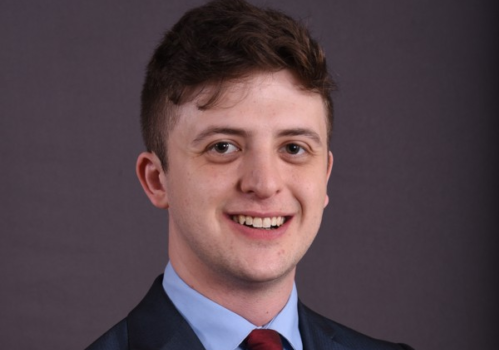
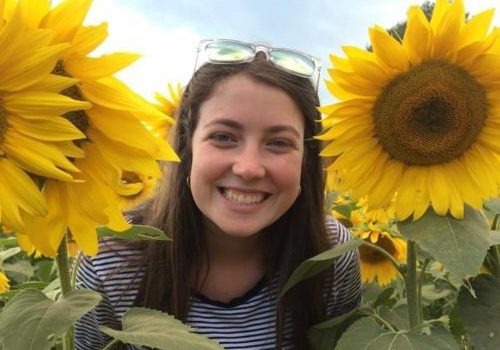
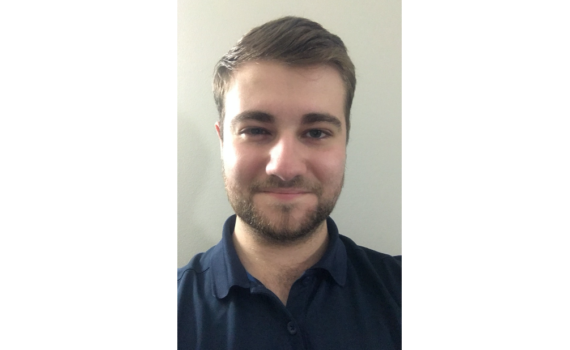
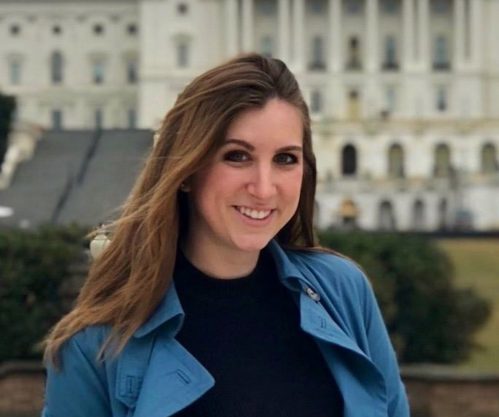
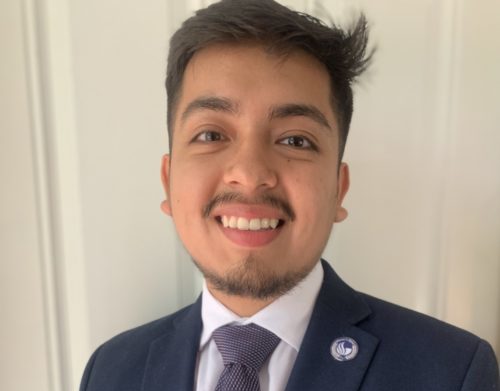
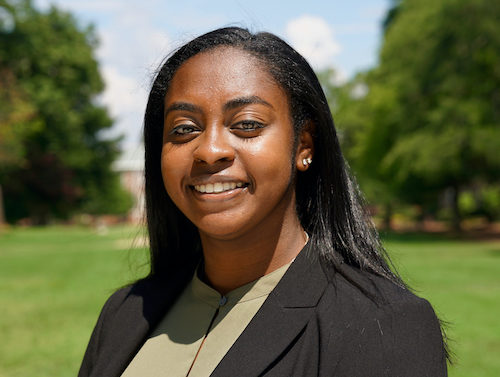
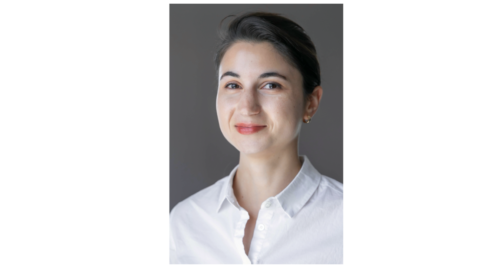
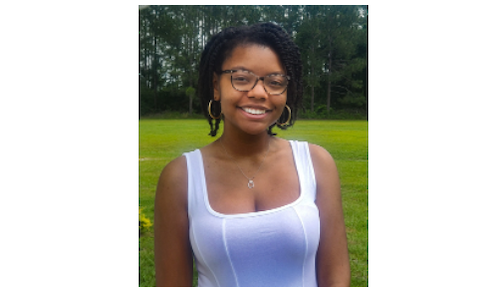
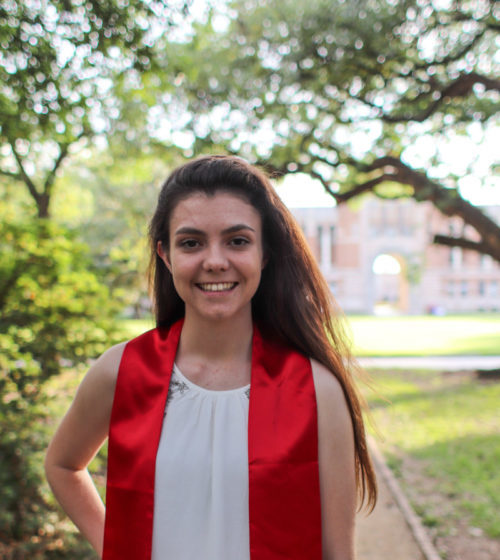

Recent Comments